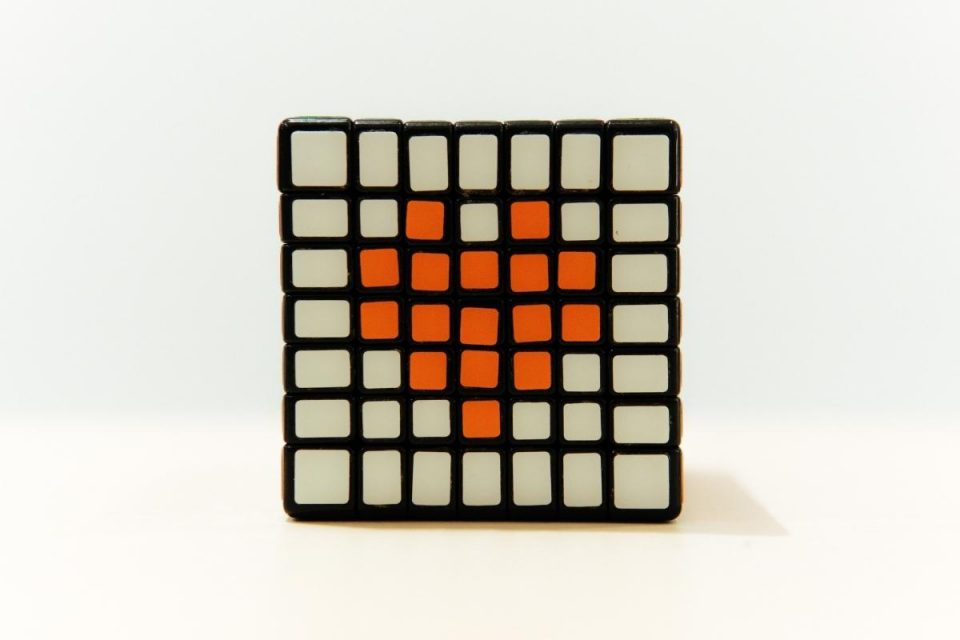Four Top Tips For A Healthy Heart: Part 1
February is National Heart Month: a month of raising awareness about heart health, and how we can improve it. So, over the next four weeks I want to share with you four tips for boosting your heart health, that are perhaps slightly more out of the ordinary, a bit bio-hacky!
A minute or two of conscious, deep breathwork can reduce your resting heart rate considerably. Your resting heart rate is the number of times your heart beats per minute while you are at rest. The average is 60-100 beats per minute, and generally, the lower BPM, the better.
Breathe Outside The Box
I want to share with you a technique called Box Breathing. Imagine a square box in front of you. As you breathe in, travel up the left-hand side of that box, counting to a number that feels comfortable for you: four, five, six, seven seconds – you don’t want to feel lightheaded! After you have inhaled up the left-hand side, hold that inhalation as you move across the top of the box. Exhale as you travel down the right-hand side, and hold that exhalation as you move along the underneath of the box. So, it looks like this: inhale, hold the inhalation, exhale, hold the exhalation.
You may perform this technique three or four times before deciding to stop and rest, as you don’t want to be feeling lightheaded; however, you do want to feel like you’ve really circulated fresh air around your body. By doing this, you can significantly reduce your resting heart rate, which will help to propel your nervous system into a more relaxed, parasympathetic state. This can in turn have a profound effect on your overall wellbeing; including the way you sleep, your immune system, and your ability to manage stress.
The less stress your body is under, the better – and longer – the heart will perform. Because after all, it’s all about longevity of health span: being healthy for as long as you possibly can.
Wellbeing Resources
For more great wellbeing content follow us on social LinkedIn and Facebook
If you’re interested in finding out what your health IQ is, take the Health IQ test, and get a free 39-page report built around our six signals, which are sleep, mental health, energy, body composition, digestion, and fitness.


